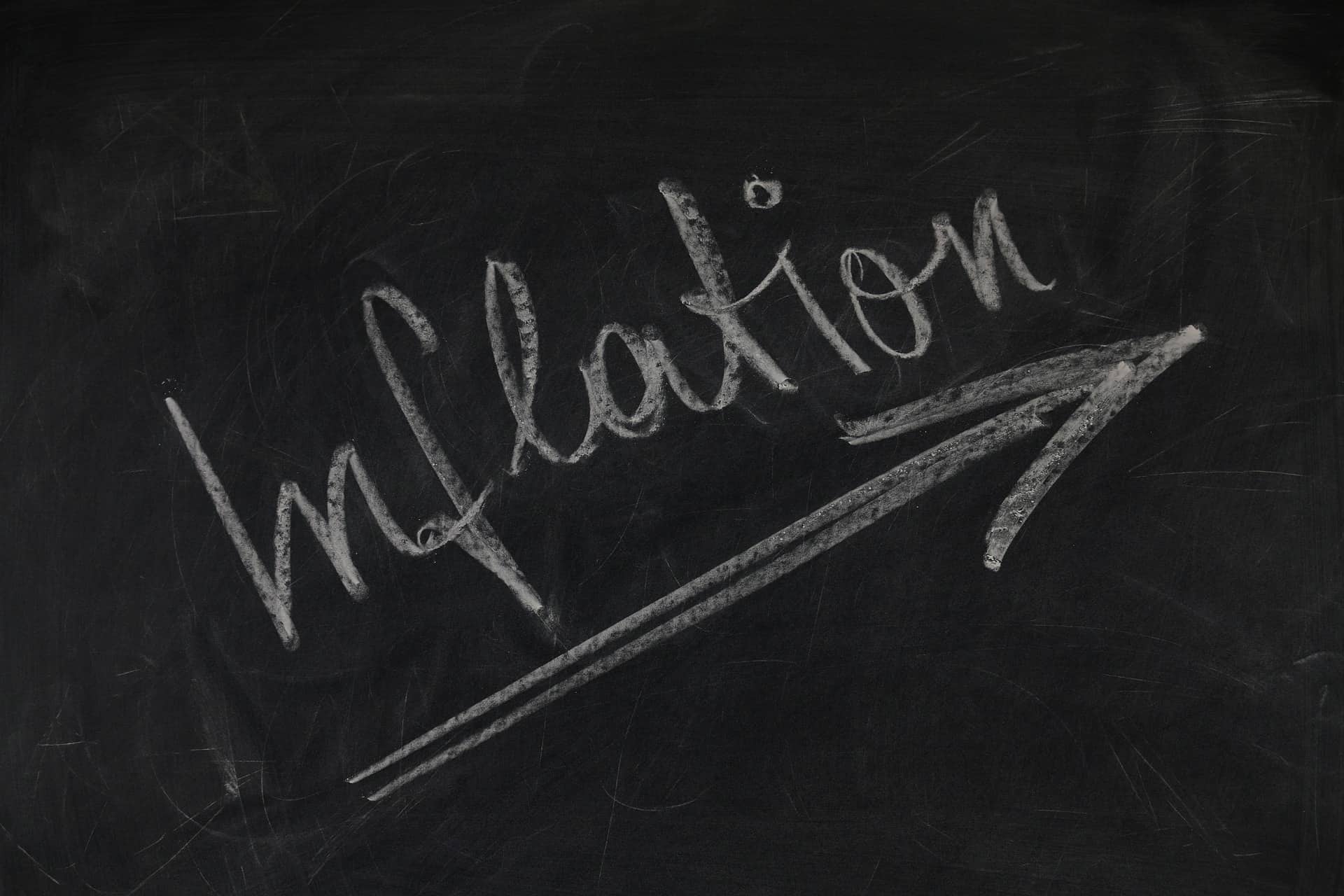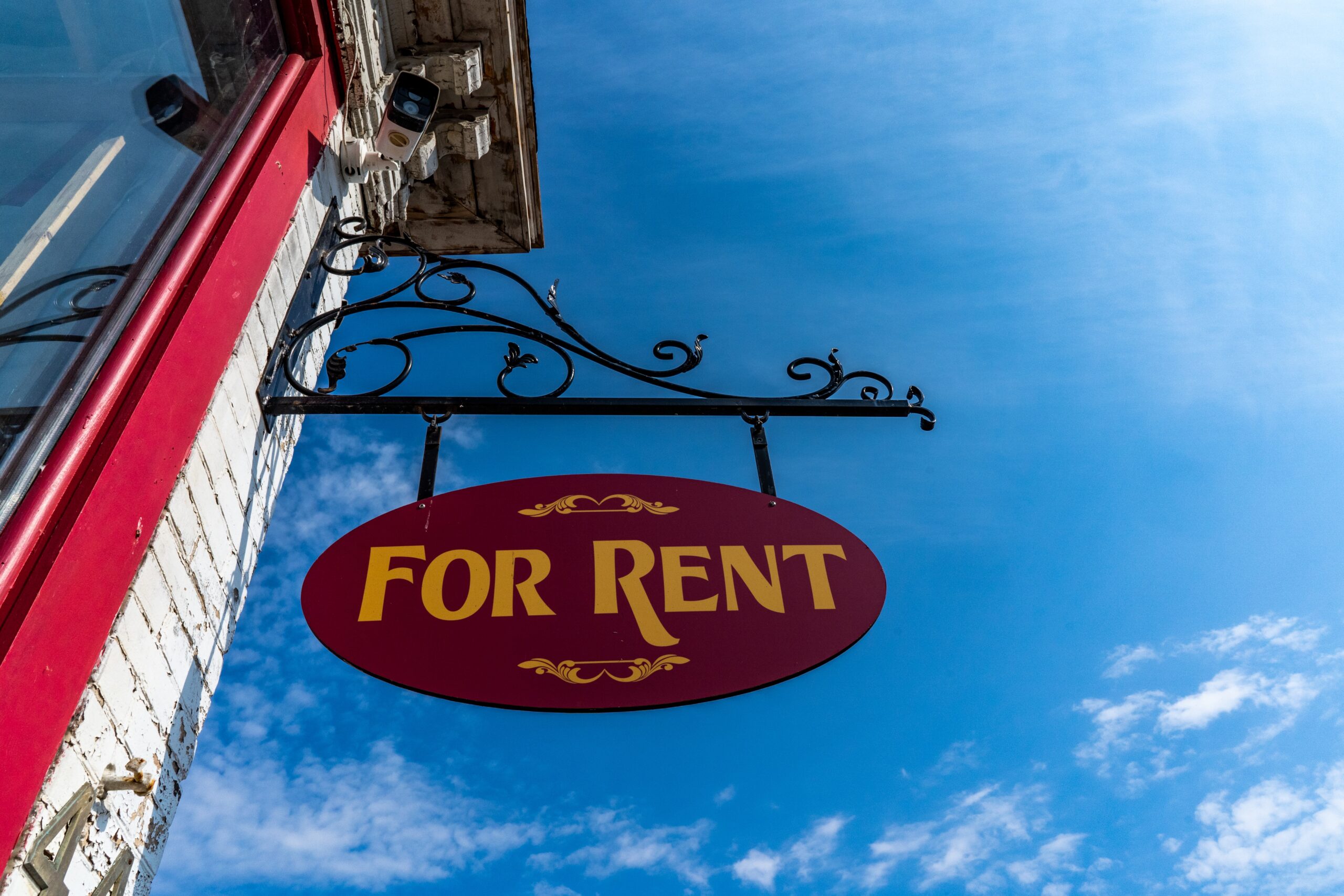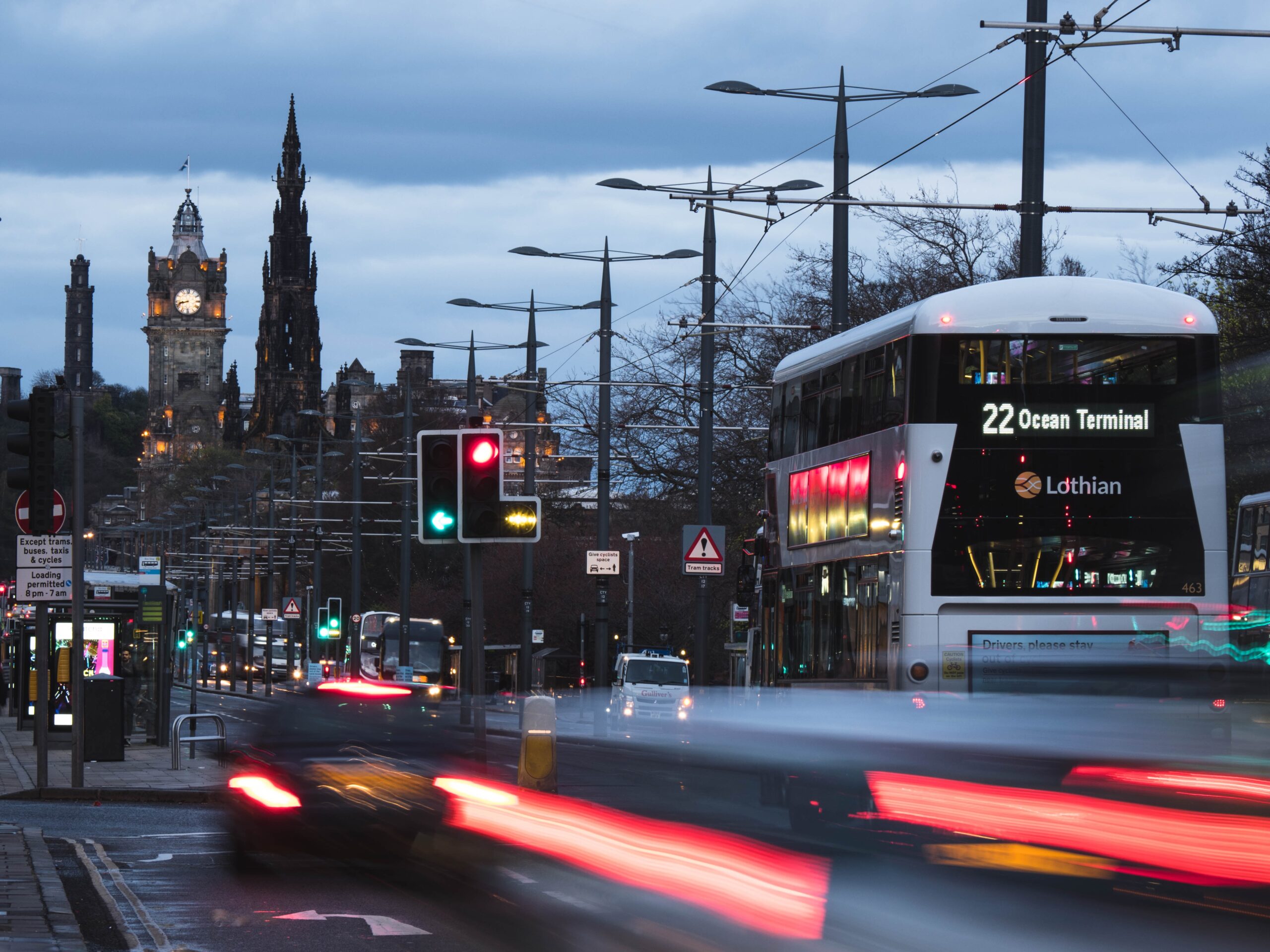- Inflation in the UK has dropped to its lowest level in two years, standing at 3.9%.
- Starting in 2024, HMRC will intensify tax scrutiny on landlords.
- Next year, the UK may introduce a “boiler tax.”
- Scotland will impose a 45% tax rate on high earners.
Inflation Rate Fell to 3.9%
As of November, the UK National Statistics Office reported the latest inflation rate, which has decreased to 3.9%.
While still higher than pre-pandemic levels, this marks the lowest point in two years.
Notably, the rise in prices for food and household goods has slowed, providing some relief to many households.
The inflation data released aligns with France and slightly exceeds that of other European and US counterparts.
Increased Scrutiny for Landlords from 2024
Effective January 1, 2024, housing-sharing platforms like Airbnb will be required to report landlord income to HMRC.
This means any income generated by renting spare rooms on the platform will be reported to HMRC to fulfill tax obligations.
Currently, only landlords with annual income below £7,500, renting furnished rooms at their residence, qualify for tax exemptions.
Landlords exceeding this threshold must report to HMRC and pay taxes.
Potential “Boiler Tax” in the UK
Recently, several boiler manufacturers announced a new tax on consumers purchasing gas boilers starting January 1st next year.
They explained that the new tax would cover the costs of the Clean Heat Grant, which consumers will bear.
Earlier government plans aimed to install 600,000 heat pumps annually by 2028, supporting clean heating technologies.
Manufacturers warned of “heavy penalties” for failing to meet quotas, potentially resulting in a direct burden on consumers.
However, this controversial “new tax,” once implemented, may cost consumers at least £120.
Scottish Government Budget Statement
The recent budget statement from the Scottish government introduced new tax bands, updating to six income tax rates.
Among them is a newly established 45% tax rate applicable to those earning £75,000-£125,140 annually.
Due to Scotland’s policies, non-Scottish residents earning income may face higher income taxes.
This new rule aims to generate an additional £82 million for the Scottish government to balance national expenditures.





